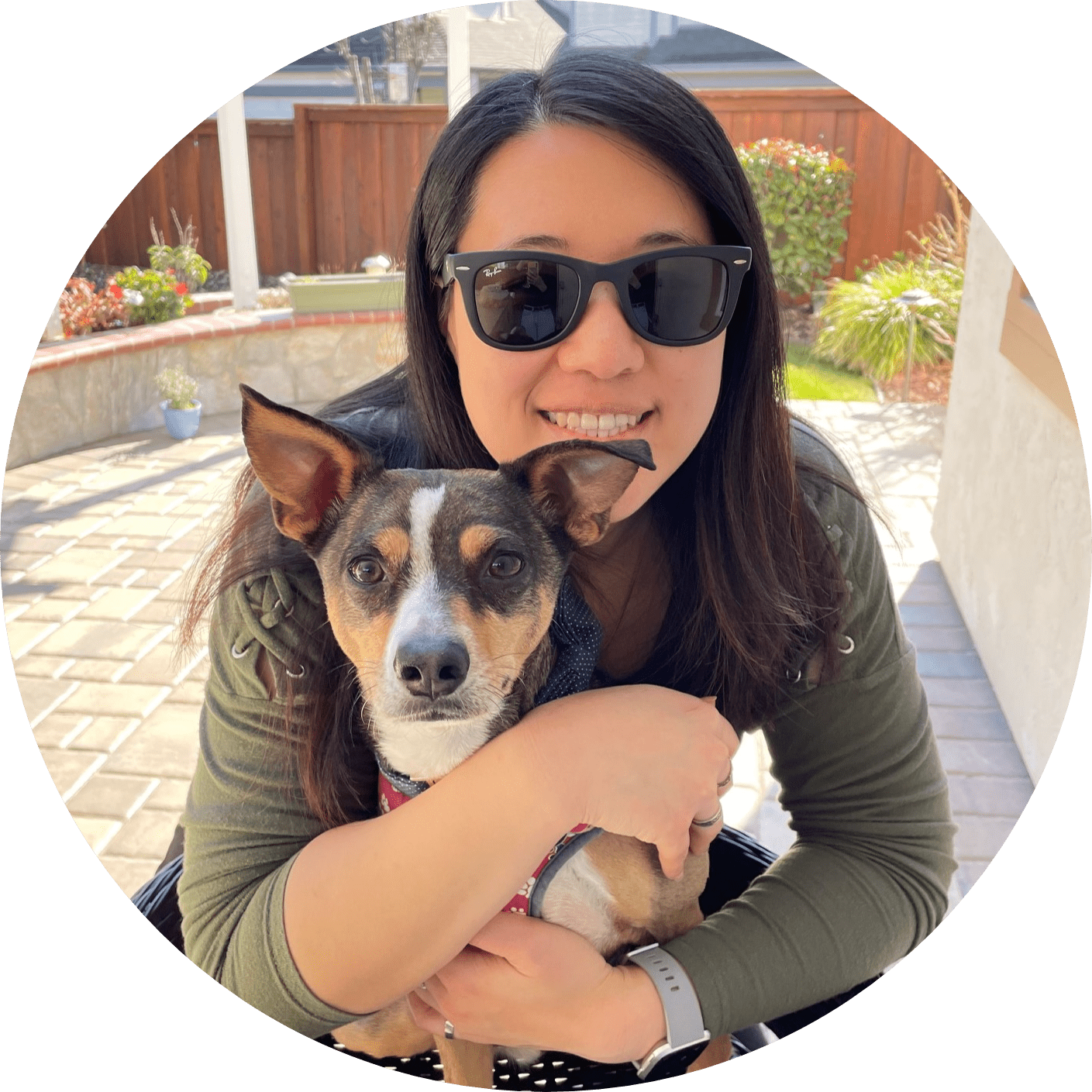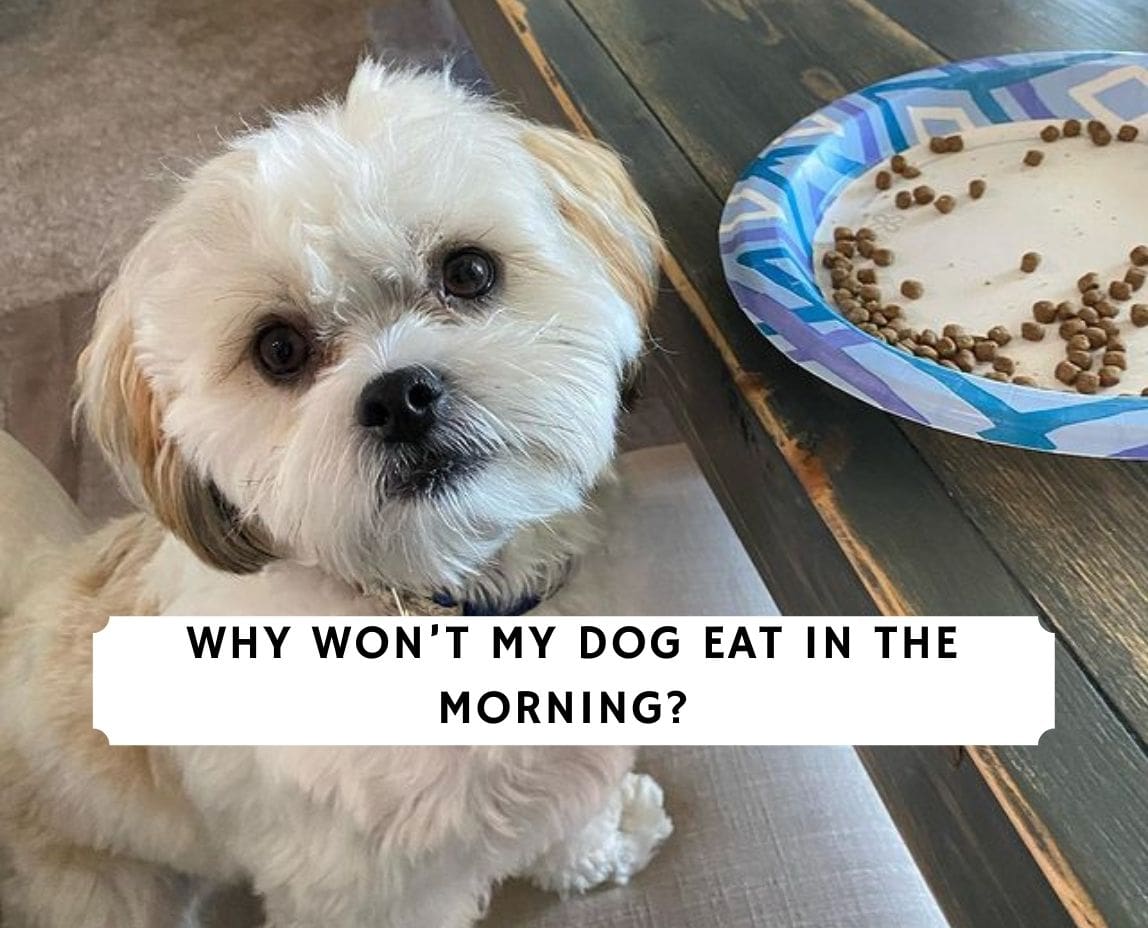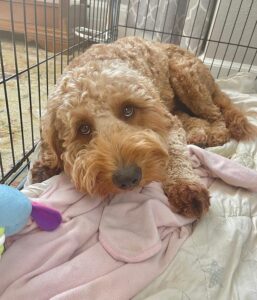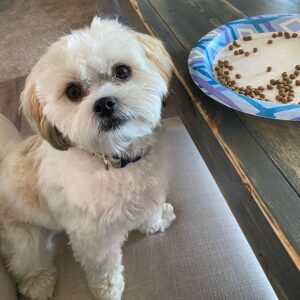When your dog doesn’t eat breakfast in the morning, it can be alarming. Your first thought might be that they’re sick or something is wrong. While a loss of appetite can be a sign of illness, that’s not always the case. There are plenty of reasons dogs won’t eat. Here are the 12 main reasons why your dog won’t eat in the morning.
Other articles you might like: How fast does dog hair grow? and Can a neutered dog still mate?
1. Your dog is a picky eater
Picky eaters are more common than you might realize and a particular palate is one of the most common reasons why your dog won’t eat in the morning. Some dogs are like garbage disposals and will eat anything that remotely looks or smells like food, but many have more refined palates and only eat certain foods.
It’s fairly easy to determine if your dog is a picky eater. Once you clear them of any major medical issue, get the following items:
- Sample packs of at least 4 different kinds of dry dog food
- Cans of at least 4 different kinds of wet dog food
- A juicy steak
At the exact moment when your dog refuses to eat breakfast, grab your dry food sample packs and give your dog a bowl of one dry food pack at a time. See if there’s a flavor he’s interested in. If he gravitates toward a certain flavor, buy a small bag to see if he’ll eat it on a regular basis.
If your dog refuses all the dry food, start experimenting with the wet food. If your dog doesn’t like wet food, try cooking a juicy steak. If he simply won’t eat anything, including the steak, bring him back to the vet for a second checkup. Otherwise, start feeding them what they show a preference for eating.
If your dog turns out to be a picky eater, they might just be bored of having the same food every day. While most dogs don’t care, some dogs want variety. If your dog suddenly stops eating their new food, try switching it up on a weekly basis.
2. Your dog is intuitive
Some dogs know when food isn’t right for them. For example, many dogs turn their noses up at raw onions and grapes. If your dog is intuitive, they might not be eating because they sense an ingredient they shouldn’t consume. Make sure you are feeding your dog something that they can eat in the morning.
3. Your dog doesn’t feel well and might have an upset tummy
Dogs, like humans, don’t like to eat when they don’t feel well. Take your dog for a walk in a field somewhere and see how they are feeling. If your dog has an upset tummy, typically, they’ll start eating grass.
If your dog’s upset tummy doesn’t go away, he might be more seriously ill. A decreased or absent morning appetite is one of the strongest signs of sickness. Always take your dog to the veterinarian if you’re not sure whether he is sick.
4. Your dog is overstimulated, excited, or anxious
Sometimes, a dog won’t eat breakfast when excited or anxious. If you’ve just rescued your dog, they might need some time to adjust to new surroundings before they’ll feel comfortable chowing down in the morning. If your dog sees that you are packing bags and doing something out of the ordinary, they may decide not to eat their breakfast because of that anxiety. Make sure that you don’t change your normal morning routine.
5. Your dog is afraid to eat
When dogs have a food intolerance, they can feel bad for hours after they eat. If this is your dog’s situation, they could be afraid to eat because they’ve associated eating with feeling bad. This is why it’s important to pay close attention to how your dog reacts when they eat certain foods. Chicken, for example, is one of the most common dog allergies that many pet owners don’t realize exists!
6. Your dog is waiting for something better
Did you give your dog a t-bone steak last night? If so, they probably remember it and are expecting another one for breakfast. Some dogs may refuse to eat breakfast in the morning because they are waiting for better food. If this is the case, try not to feed your dog human food or they may decide to stop eating their kibble.
7. Your dog already ate something you left on the counter
If your dog is sneaky, he might have eaten something you left on the counter – he could just already feel full. Your dog won’t eat breakfast when they know you’ve got something better.
Did you leave a rotisserie chicken on the counter overnight? Did your leftovers never make it into the refrigerator? Dogs don’t just go for meat. Many dogs will gorge on bowls of apples and other fruit.
8. Your dog has mouth pain and can’t chew
Dogs won’t eat when they have dental diseases, like bad teeth or painful gums. Hopefully, you brush your dog’s teeth on a regular basis. If not, it’s a great time to start. However, if your dog has any kind of mouth pain, that could be the reason they aren’t eating. Take them for a checkup and see what your vet says about their mouth health.
9. Your dog has been recently vaccinated
A temporary loss of appetite is common after vaccination. If your dog has been recently vaccinated and they’re not eating, call your vet to discuss the matter. If the appetite loss persists, bring your dog in for a checkup. They can also happen if you have given your puppy a new medication.
10. Your dog is used to being free-fed and they aren’t hungry
Some dogs don’t make a beeline for the food dish in the morning because they’re used to having access to food all day. Free-fed dogs eat when they’re hungry and they don’t have any reason to scarf their meals.
If you’ve adopted a dog from a shelter or a rescue, you may not know that dog’s feeding history. Watch their bowl throughout the day and see if they nibble here and there.
11. Your dog may have a red meat allergy
Dog owners always need to be aware of fleas and ticks, but there’s one tick in particular that can cause dogs (and humans) to develop an allergy to red meat: the lone star tick.
This tick is known to transfer pathogens to both people and animals that can develop into Rocky Mountain spotted fever, among others. However, once your dog is bitten by this tick, there’s a chance they might become allergic to red meat.
If your dog won’t eat their food, and their food consists of red meat like beef, lamb, bison, or elk, they might be avoiding food they know will make them sick.
Try switching your dog’s diet to a different protein source like turkey or fish. See how they do. If they like their new food, don’t give them red meat anymore just to be safe.
12. The kibble is too large
Small dogs usually have a hard time eating large pieces of kibble. If your dog is small and your kibble is large, try giving them food made for small dogs. Small pieces of kibble are much easier for small dogs to chew.
If you have a small dog and a large dog and you can’t separate their food, give them the smaller kibble.
Dogs need high-quality nutrition for optimal health
You want the best for your dog, and that’s why it’s important to make sure they get all the nutrition they need to live a happy, healthy life. Dog nutrition is different from human nutrition, so be sure to consult with a nutritionist or a vet before changing your dog’s dietary regimen.
In the meantime, check out our VetGen Pharmaceutical supplements for dogs. If your dog is a picky eater, for example, these supplements can help provide them with the full spectrum of nutrition they need.
Within the product line, you’ll find everything from hip and joint support to skin and coat vitamins – everything your dog needs to supplement a healthy diet and live a long, happy life.
Conclusion for Why Won’t My Dog Eat in the Morning
Sometimes dogs just won’t eat breakfast in the morning. Throughout your dog’s lifetime, it will likely happen multiple times. Sometimes they may not be hungry, or sometimes they are too anxious. Hopefully, our guide has helped you to identify the main reason why your dog won’t eat breakfast, and you’ve found the right solution to get them eating again.
Other articles you will like:
- How many eggs can a dog eat in a day?
- Why does my growl at me at night?
- Can Dogs Eat Flan? (The Facts)

Dr. Sabrina Kong graduated from the Royal Veterinary College in England in 2016 and has been working at a small animal clinic in Northern California since then. She grew up in the Bay Area and got her bachelor’s degree from Cal Poly San Luis Obispo. She also became a Certified Canine Rehabilitation Practitioner through a program at the University of Tennessee.
When she isn’t in the clinic taking care of her four-legged patients, she enjoys traveling and trying new foods with her friends and her three-legged dog, Apollo. She adopted Apollo from her clinic when he was a puppy with numerous health issues. Dr. Kong truly cares about taking care of animals.




